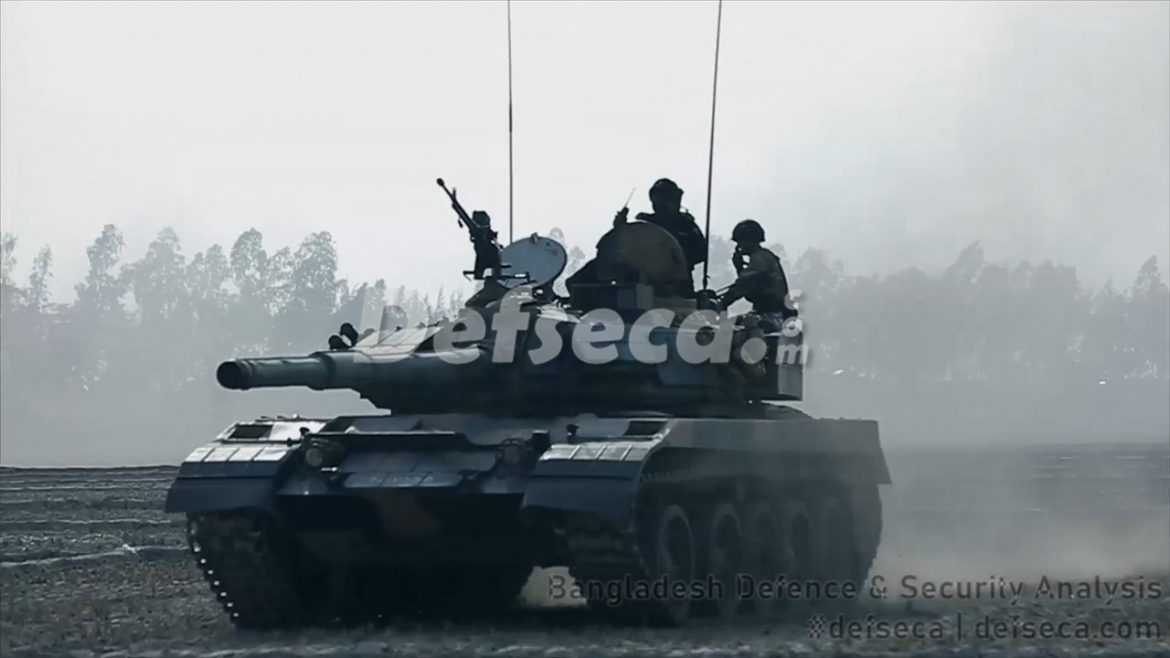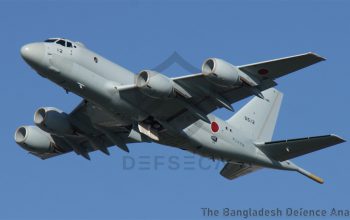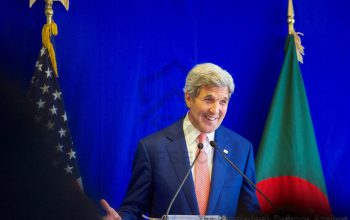Bangladesh’s security calculations were complicated since Myanmar expelled 1.2 million of their Rohingya Muslim minorities, the latest of which occurred in 2016. This has left Bangladesh with a challenge of hosting a large number of foreigners within its territory causing innumerable losses to the tourist town of Cox’s Bazar and adjoining forests.
All of a sudden the security threat posed by Myanmar became all too real. Dhaka now has to grapple with a rogue junta in its backyard.
Does Bangladesh want a war with Myanmar?
Absolutely not. War does not benefit anybody so naturally being a strong believer in rule of law and international commitment to peacekeeping, Bangladesh always wants to avoid war unless it is attacked, and as such the country will respond in a measured manner, which is proportionate to the attack and one that has set strategic goals, limited windows from planning, execution, and post operational mop up processes.
Can Bangladesh defeat Myanmar in a war?
With respect to the armed forces of Myanmar, the Bangladesh defence forces are fully capable of defeating them in a conventional or unconventional war. Bangladeshi forces have superior training, they have the operational expertise to operate beyond their own borders and a justification to retaliate if the country is attacked. Myanmar’s armed forces on the other hand have been fighting small, lightly armed rebel groups for over 50 years without notable success beyond peace talks and ceasefires. Their heinous conduct during operations is not new. Forces which act with impunity against civilians set themselves up to lose the greater war because they lose the confidence, morality, and support of the people. Myanmar armed forces will not be facing a foreign aggressor, they will be facing the wrath of the Burmese people, who will welcome any foreign liberator. A military attack on Bangladesh will ensure the United States and other allies of Bangladesh directly or indirectly come towards the aid of Bangladesh in a concerted response that will dismantle the junta forces.
What about the China factor?
China is and always will be a factor for Bangladesh and Myanmar. It enjoys strong trade, investment, and military ties with both nations. China, if anything wants a genuinely peaceful resolution to the crisis in Myanmar, which threatens to spill into neighbouring countries. China’s authorities are not likely to approve of any military attack on Bangladesh by Myanmar’s armed forces because it would be catastrophic for China’s investments if Bangladesh discovers China supported Myanmar. Moreover, China knows the United States would seize the opportunity to ensure China is thrown out from both Bangladesh and Myanmar. In fact the real winner of a war will be those who are outside the region, such as US, Europe, Russia and other arms producers, international banks, and their supporting elements. India too, will be uncomfortable about an attack on Bangladesh and similarly would not entertain or recommend Myanmar undertake such activities. With these things in mind the Myanmar regime will be hamstrung, and given their logistical and operational weaknesses they won’t be capable of ingressing too deeply into Bangladesh without significant deployment of troops and equipment over terrain that covers hills, rivers and urban areas with millions of people, each representing a different challenge for any foreign aggressor.
Limited war with Myanmar
If Myanmar attacks Bangladesh, then the junta will set objectives for a limited war owing to their lack of resources and limited time in which they want to attain their strategic objectives. At this point we must ask what will Myanmar gain from a limited war with Bangladesh? They could try and obtain parcels of Bangladeshi territory to bargain with Bangladesh. They would want Bangladesh to accept all the Rohingya’s in return and in return they will retreat from the occupied territories. Another objective could be that they want to unify their deeply divided country by pushing the old narrative of an imminent threat by Bangladesh. They will use such an excuse to launch attacks. They have already done these things in the 1990s and 2016 on the pretext of Rohingya militants.
Bangladesh’s response to Myanmar’s aggression
Bangladesh Armed Forces will respond in a manner that will seek to nullify existing and future threats from Myanmar.
They will firstly repel the Myanmar armed forces from Bangladesh’s territories, push them back in to Myanmar, where the Bangladeshi forces could employ all out military resources to break the fighting capabilities of the Myanmar armed forces, be it their manpower, stores, military infrastructure, communications networks, air defences, water resources, industrial belts, foreign investment zones and other valuable assets.
The Bangladesh military will assure protection/shelter, training, weapons and equipment for Burmese freedom fighters to bog down the Myanmar military, leaving its fighting capabilities emaciated beyond reproach. Desertions will follow as many Burmese soldiers would lose their will to fight against a vastly superior, well trained, strongly motivated and better equipped military power.
The Government of Bangladesh will seek the full support and backing of the international community. It will quickly draw up plans with potential allies such as the US, UK, Turkey and Saudi Arabia to initiate a multinational response similar to the Gulf Wars.
In such a situation, countries such as China will pressure Myanmar to end the conflict unconditionally and if the Myanmar junta decides otherwise it will be very costly for both Myanmar and China in different ways.
Conclusion
If Myanmar attacked Bangladesh, it will have regional and international repercussions that will change the playbook for ever and force dovish countries to take up defence as a primary concern. It will serve to “Israelify” Bangladesh into a country that no longer takes its security as an afterthought and given the gulf in Bangladesh and Myanmar’s GDP, defence spending capabilities, national budgets and economies, Bangladesh will not only aim for a deterrence capability but an all-out supremacy in its drive to preserve its territorial integrity and sovereignty. From a peacetime Army of less than 300,000 the troop strength of the country will be swelled; it will not be anything less than 500,000 as Bangladesh has a limitless supply of capable manpower.
Ultimately Myanmar’s authorities should be reminded that good neighbourly relations with Bangladesh is important. It can bring dividends for the people of both countries and serve to strengthen economic and social integration for the Burmese in the international community. The choice of war is no choice at all, it is a necessity for defenders. Myanmar will know tomorrow, if it has not realised today that it is grossly futile to underestimate Bangladesh and the unrelenting spirit of the Bangladeshi people.
As Bangladesh turned 50, the country has surpassed its former foe Pakistan on virtually every social and economic indicator. The Pakistanis too underestimated Bangladesh once upon a time but lost half of the country in the process in a defeat that is still regarded as one of the greatest military failures of the century.
The Myanmar government will do well to repatriate its Rohingya in a transparent, peaceful, humane manner and restore all equal rights to its downtrodden citizens.




